To view the slides that are available, please hover over and click the pink text in the session information column on the left.
Plenary 1: The focus on life after stroke
Overview
This session highlighted the importance of our focus on life after stroke. The findings of a key European report on life after stroke and plans for implementation were presented and a project focusing on providing good life after stroke care and support was showcased.
A life saved is a life worth living
- Launch of new SAFE research report on the unmet needs of stroke survivors and carers
- Review of key findings
- Recommendations for future action and research
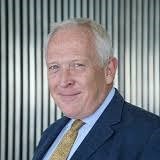
King's College London, England

Professor Charles Wolfe
King's College London, England
Charles Wolfe is a Public Health doctor and stroke researcher who is a Professor at King’s College London. His work has focussed on understanding the risk of stroke and the long-term consequences of stroke. This has been in both south London and Europe.
He leads a stroke research team addressing many facets of stroke and the quality of stroke care and has contributed to national and European policy in stroke care. His association with SAFE has been to estimate the burden of stroke in Europe and understand the perspectives of stroke survivors, carers and families on long-term outcomes.
How Europe is responding to life after stroke?
- Response to the new report, A life saved is a life worth living
- How can we make life after stroke a political priority
- Using Stroke Action Plan for Europe
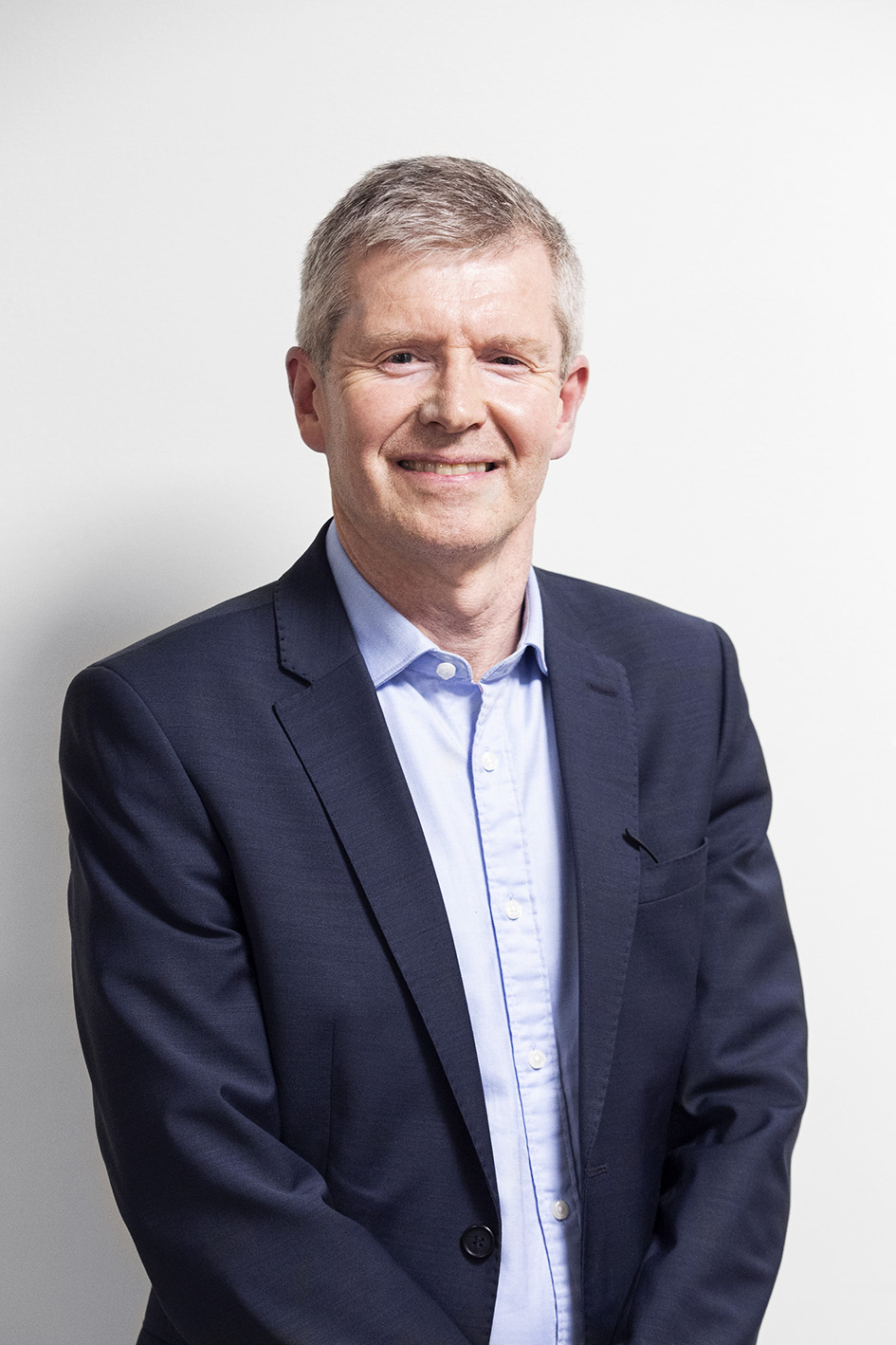
European Stroke Organisation President, Ireland

Professor Peter Kelly
European Stroke Organisation President, Ireland
Professor Kelly is Stroke Service Director, and Professor of Neurology at Mater University Hospital/University College Dublin.
He is the current President of the European Stroke Organisation and has a very strong focus on implementing the Stroke Action Plan for Europe.
His research focus is on stroke and atherosclerosis, specifically clinical trials of new therapies and risk prediction to improve prevention of recurrent events in high risk patients. He is Lead Investigator for the Health Research Board Stroke Clinical Trials Network Ireland. He is Chief Investigator on the CONVINCE and EPICS-Pilot trials and several other studies, has published widely in clinical neurovascular science, and serves on the editorial boards of leading journals in the field of stroke medicine.
Life after stroke services (ABRIC) in Catalonia
- Overview of the new life after stroke services (ABRIC) project in Catalonia
- Presentation of the outcomes after the first year
- Stroke survivor experience of using the service
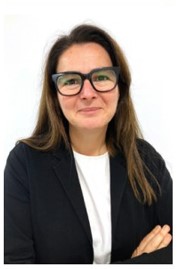
Fundació Ictus Coordinator

Mercè Ayesta
Fundació Ictus Coordinator
Mercè Ayesta has degree on Humanities (UAB) and she is a registered Nurse with over 15 years of experience delivering high-quality care in Paediatric intensive care units. Her Medical Master’s degrees include: Neonatal and paediatric, School Nursing. In 2018 Mercè becomes the coordinator of the 5th Edition of the Clinical Stroke Audit of the Cerebrovascular Diseases of the Department of Health of the Generalitat de Catalunya (PDMVC). Since 2020 she starts at the Fundació Ictus and she has been focused on continuously achieving stroke patients and families care goals, leading and guiding multidisciplinary team at ABRIC program and, she is involved in a Stroke Nursing Course. She continues collaborating with PDMVC in nursing research. She trains companies and institutions to prevent stroke and in stroke awareness campaigns.
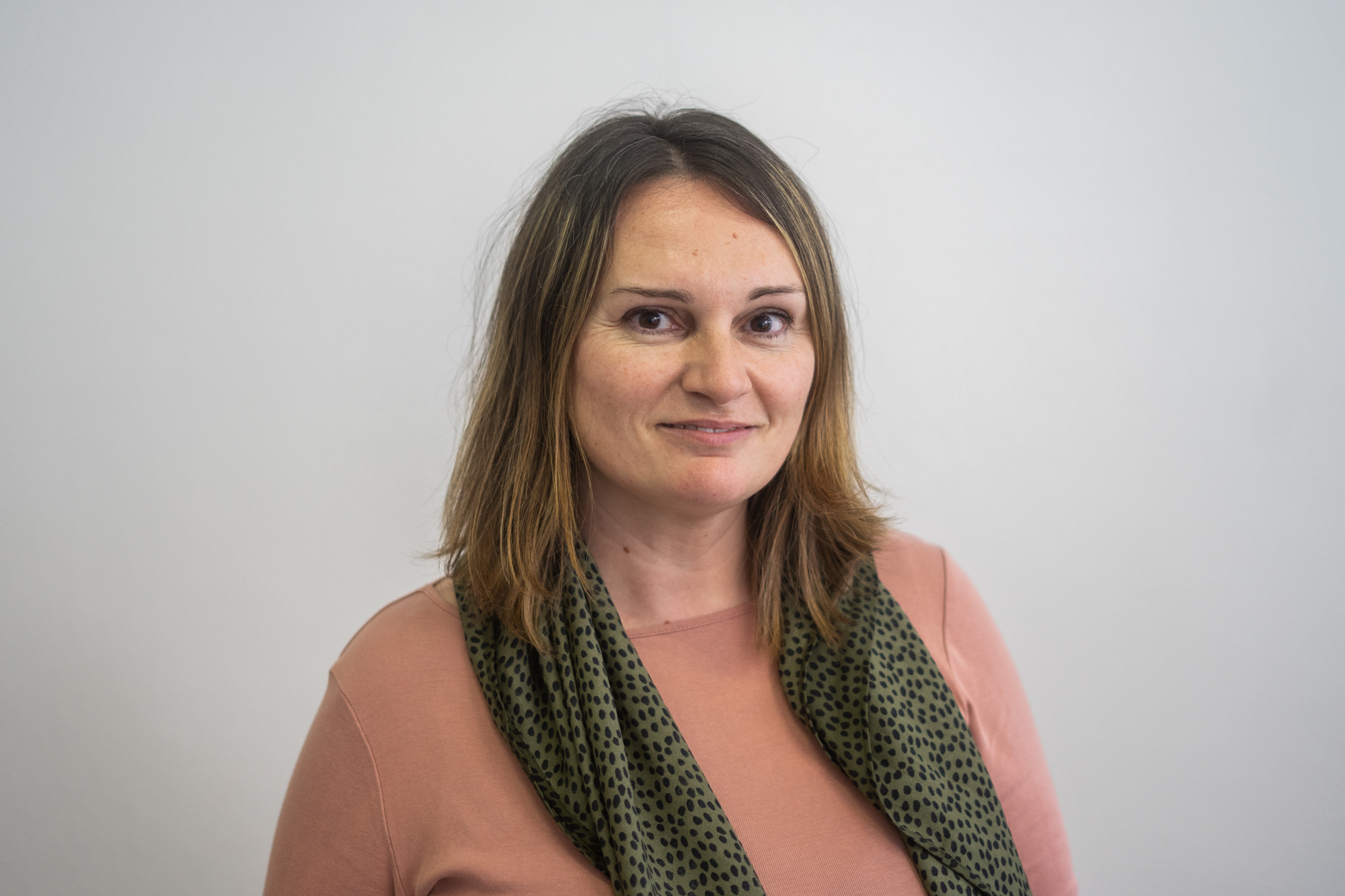
Stoke Survivor, Barcelona, Spain

Gloria Bou
Stoke Survivor, Barcelona, Spain
My name is Gloria Bou and seven years ago I had a cerebral haemorrhage, which left me as a sequel to a hemiplegia, while discovering that my daughter had a serious disability. These events have made me question all my values and attitudes in life. And thanks to different workshops and therapies, I have decided to open one channel of expression: planetadelalquimia.wordpress.com
I would like to share what happened and how I am overcoming it, but also everything I am discovering. I want it to be an interdisciplinary and expression space.
One of my first discoveries, or rediscovering, is better said … I love writing! I decided to name the blog El Planeta de la Alquimia, above all, by the great transmutation, both physical and psychic, that I am living.
My blog is read all around the World…
But there are more reasons, that if you keep reading, you can go discovering, do you accompany me?
Plenary 2: Secondary prevention
Overview
This session presented some of the challenges and solutions around secondary prevention after stroke. It presented up to date knowledge around medicines, nutrition and gadgets.
Preventing recurrent stroke (medical secondary prevention)
- An outline of key (medicine) management in stroke secondary prevention
- The evidence behind the most commonly prescribed medicines after a stroke
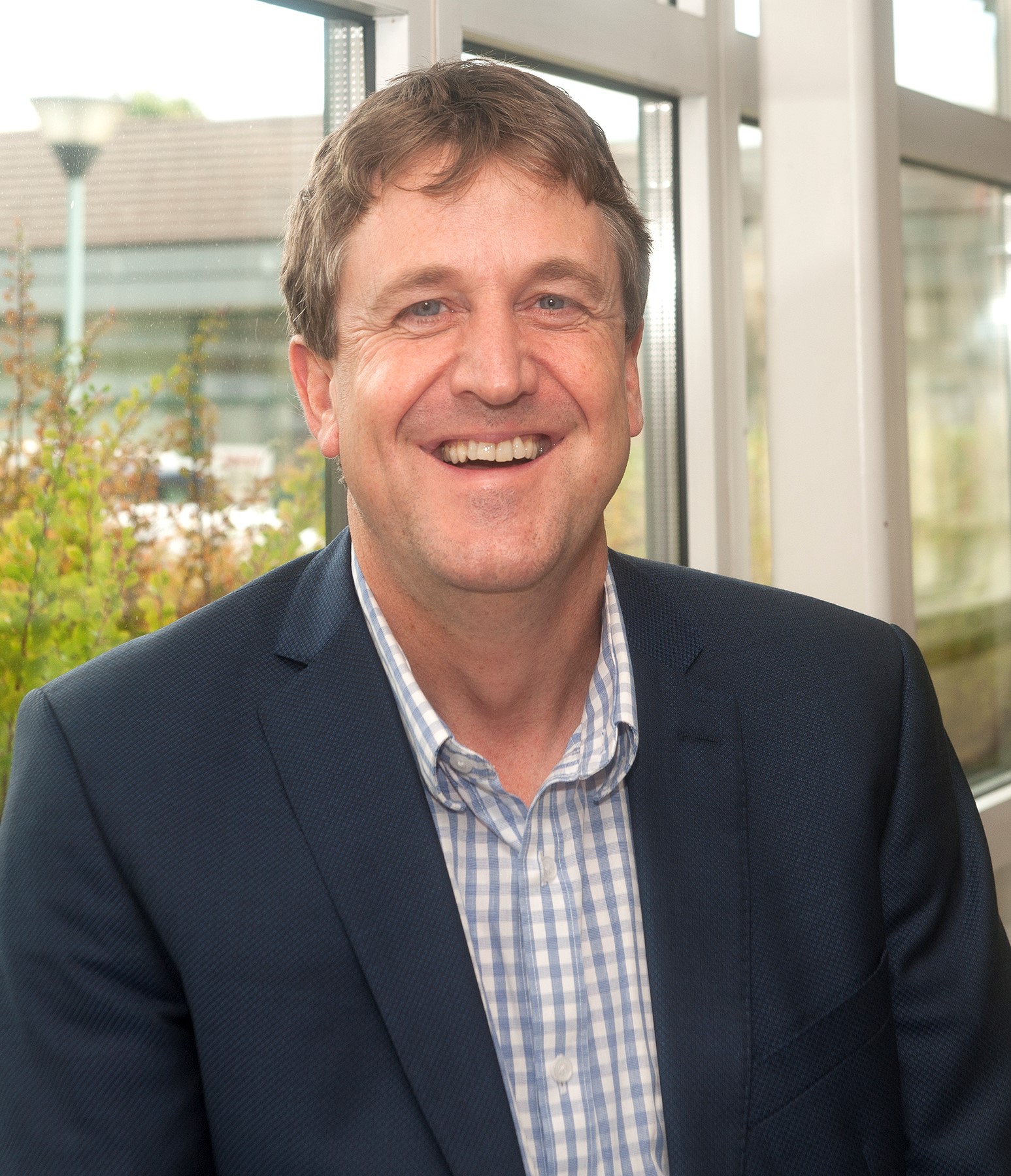
Tallaght University Hospital and Peamount Hospitals, Dublin, Ireland

Professor Rónán Collins
Tallaght University Hospital and Peamount Hospitals, Dublin, Ireland
Rónán Collins is a consultant in Geriatric and stroke medicine at Tallaght University Hospital (TUH) and Peamount Hospitals Dublin, and Associate Clinical Professor of Gerontology, Trinity College Dublin. He was Director of stroke services at Tallaght University Hospital from 2005-2017 and currently the Clinical lead for the Irish National Stroke Programme.
He is a steering group member of the Irish National Audit for Stroke (INAS), National Thrombectomy Service, and RCP Intercollegiate Stroke Guidelines for UK and Ireland. He is a member of the Irish working group on Early Supported Discharge for stroke and UK and Ireland collaborative on telehealth in ESD during the pandemic.
He is the National Principal Investigator on ENOS, TICH-2 and TICH-3 trials and national coordinator of the BLITZ-AF and GLORIA-AF registries and the Horizon 2020 funded EHRA-PATHS collaborative.
Current council member and past vice president of the Royal College of Physicians of Ireland, Fellow of the ESO. Member of European Heart Rhythm Association (EHRA) writing group on ‘Practical guide for oral anticoagulation with NOACS in Atrial Fibrillation’.
Regular contributor to the media in print, radio and television on aging and stroke matters.
How can I improve my nutrition after stroke?
- There are more myths around nutrition than perhaps any other area in medicine- so what should stroke survivors know about nutrition post stroke?
- What role does diet play in staying healthy and preventing further strokes?
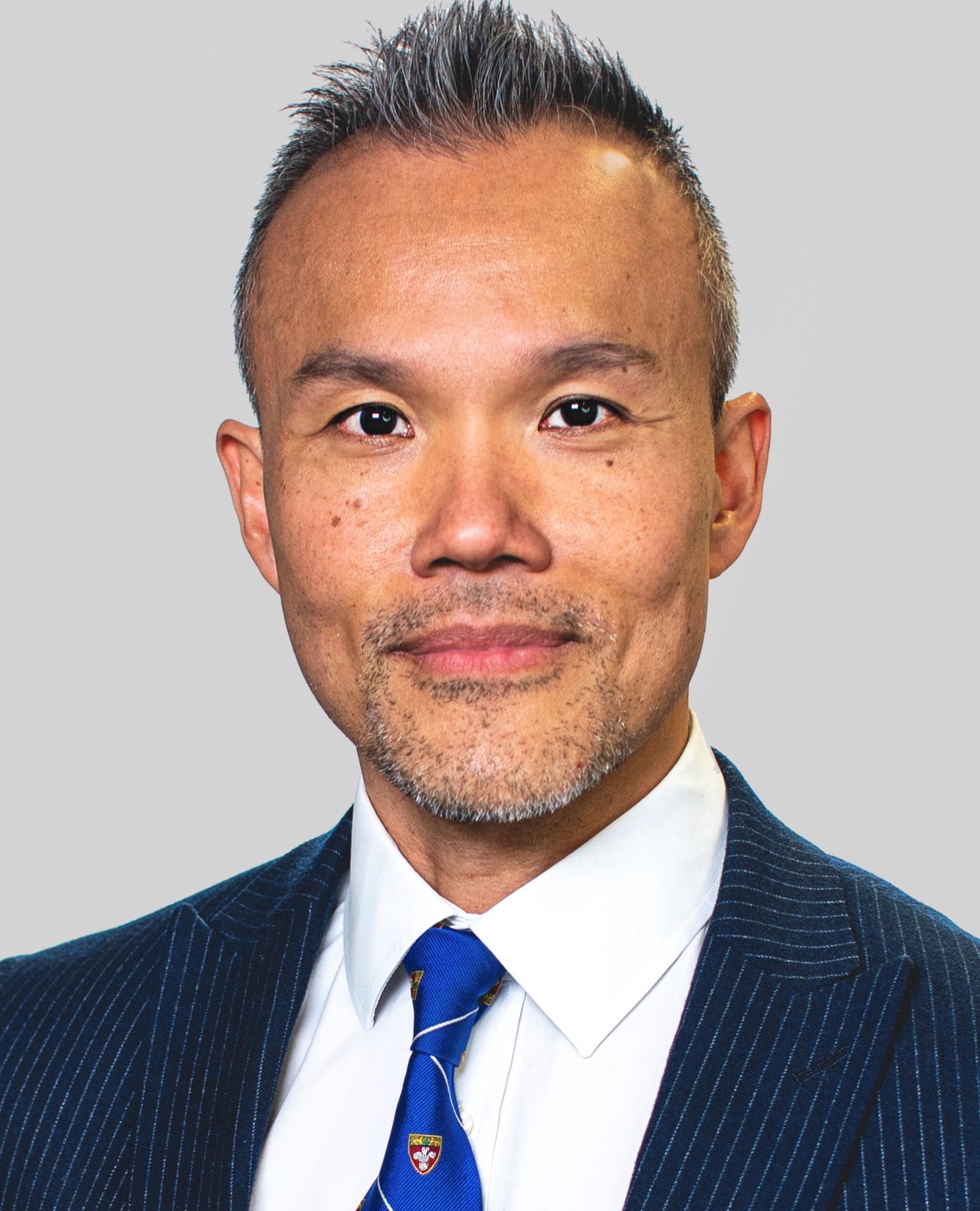
Charing Cross Hospital, Imperial College London, England

Dr Jo Kwan
Charing Cross Hospital, Imperial College London, England
Dr Joseph Kwan is a senior stroke physician and researcher at Charing Cross Hospital, Imperial College London. He is the Principal Investigator for the new stroke thrombectomy registry in the UK (TASER UK).
Jo’s holistic approach to stroke management aims to help his patients through their journey of recovery, empowering them through lifestyle changes, optimal nutrition and fitness training to improve the wellbeing of their body, mind and spirit.
Evidence behind wearable technology post stroke
- There are many new wearable devices aimed at keeping patients healthy - what can they really measure?
- Is there robust evidence that these can keep you healthy and prevent further strokes?
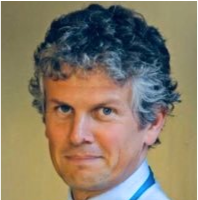
Cork University Hospital, Ireland

Dr Liam Healy
Cork University Hospital, Ireland
Dr Liam Healy is a Consultant Stroke Physician and Geriatrician, and Clinical Lead for Stroke in Cork University Hospital, Ireland. Cork University Hospital is the busiest inpatient stroke service in the country and one of two thrombectomy centres nationally.
Dr Healy trained in Ireland as a Geriatrician and spent a number of years training in Edinburgh in Acute Medicine and Stroke before returning to Cork in 2015. He is a member of the Irish Clinical Advisory Group on Stroke and a Clinical Lecturer in University College Cork.
Parallel Sessions
Driving after stroke - practical tips
Mobility and driving after stroke
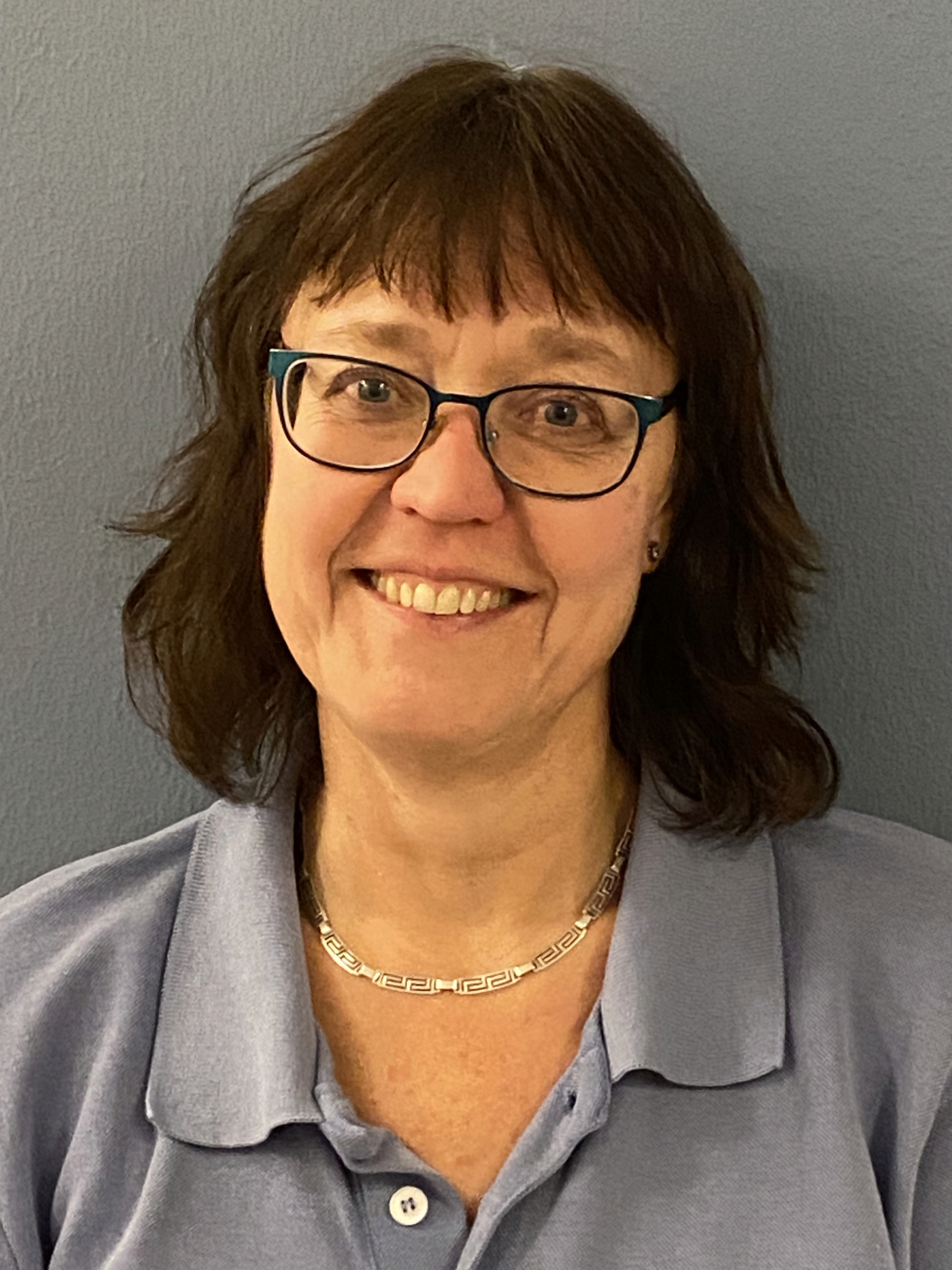
Uddevalla Hospital, Sweden

Annika Linder MSc
Uddevalla Hospital, Sweden
Annika Linder graduated as a physiotherapist in 1991. After her master’s degree she became a specialist in neurology in 2005.
Annika has worked in the same hospital region (NU-sjukvården) on the Swedish West Coast) for 32 years, divided between three clinical posts alongside with administrative work as deputy chief for the physiotherapy department. In that time, she spent seven years in a Neurology department, the following 22 at a stroke unit and her recent position is at a Neurorehabilitation unit with younger stroke patients, TBI and Spinal cord injuries.
Since 2007, she has been at teacher at Gothenburg University for physiotherapy students when learning about stroke.
Driving in Europe: rules, regulations and research
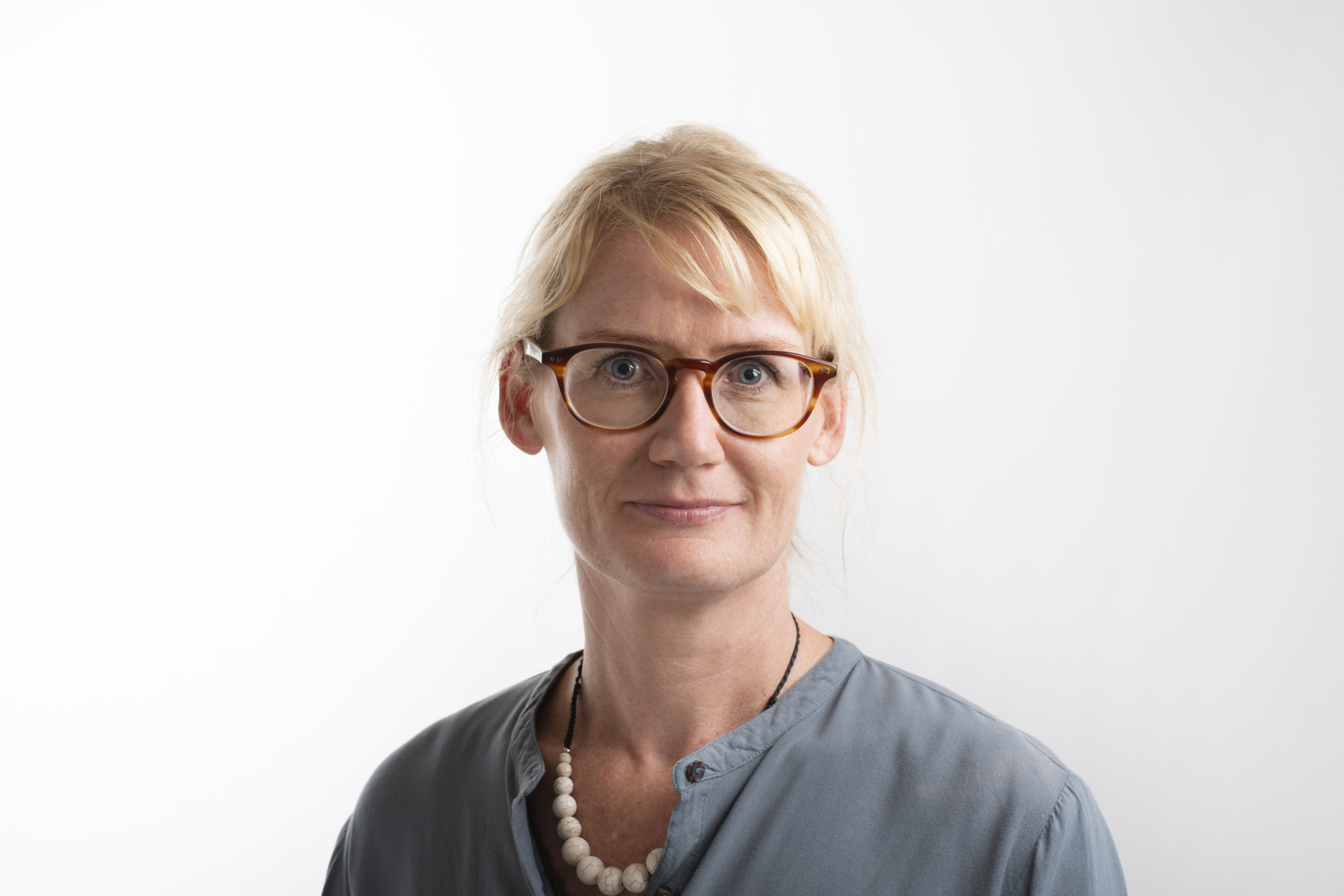
Associate Professor Helena Selander
University of Gothenburg, Sweden

Associate Professor Helena Selander
University of Gothenburg, Sweden
Helena Selander is an Associate Professor in Rehabilitation Medicine at Gothenburg University, Sweden. She works as a Senior researcher at The Swedish National Road and Transport Research Institute (VTI) with focus on fitness to drive, mobility and driver education. She has worked with driving assessments for several years and trained many occupational therapists in the field.
Driving after stroke: clinical practice
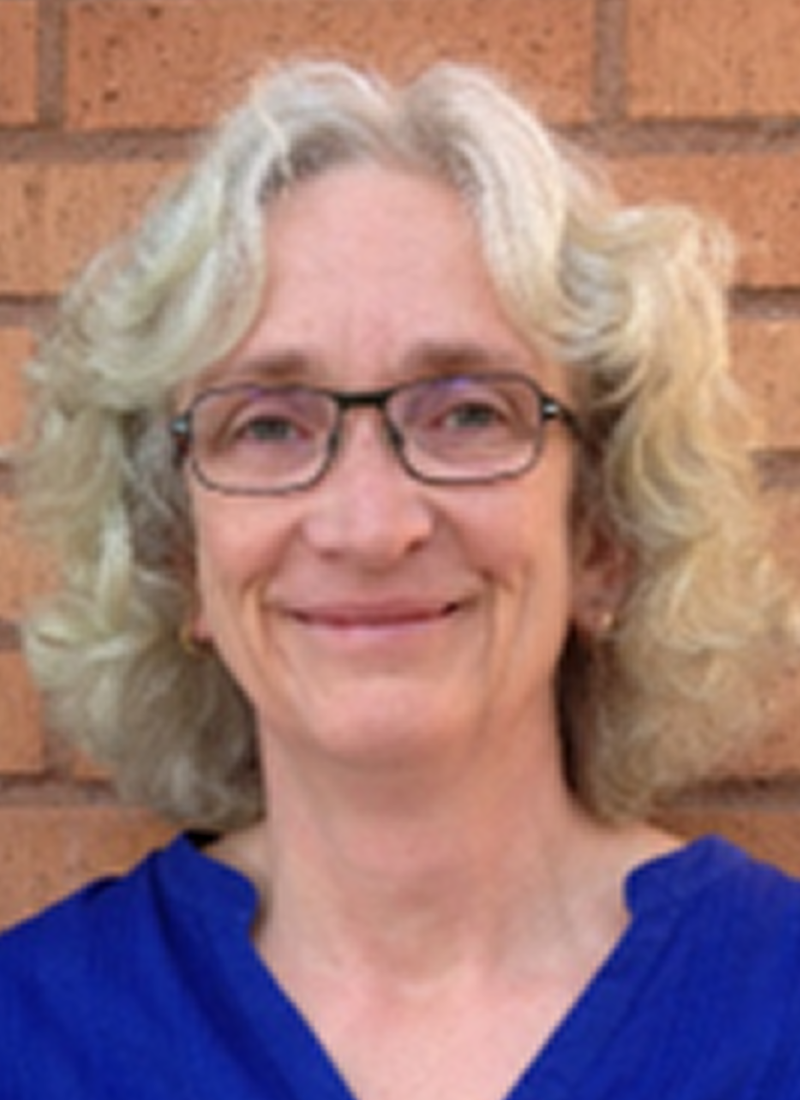
Mobilitetscenter, Gothenburg, Sweden

Ingrid Bolin
Mobilitetscenter, Gothenburg, Sweden
Ingrid Bolin has been working as manager and occupational therapist at Mobilitetscenter in Gothenburg since 2004. Mobilitetscenter is a practice of assessment of medical fitness to drive and/or need for adaptations in vehicles for peopele with physical disabilities.
Ingrids earlier experience as an OT has mainly been in the clinical fields of spinal cord injury rehabilitation and habilitation of children with disabilities.
Creating services and a community where people live life well after stroke: a debate
Lived experience of recovery and reintegration after stroke (verbal presentation)
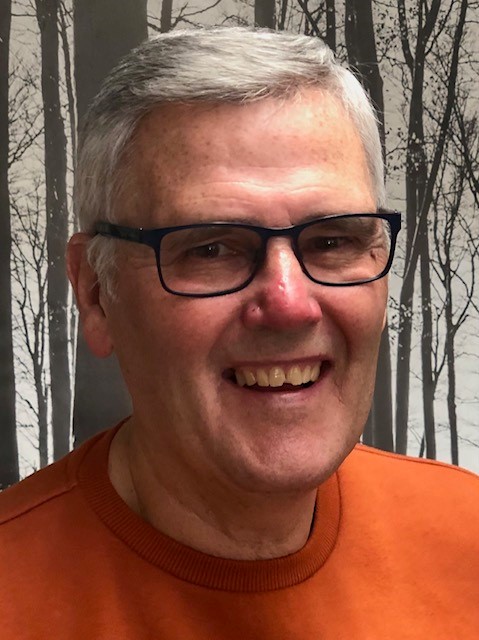
Stroke survivor, Scotland

Jim Currie
Stroke survivor, Scotland
Jim Currie had his first stroke in August 2006, aged 52. He set up the London South-East group of the charity Different Strokes and a new group in Whitstable, Kent (in 2008 and 2022, respectively) that support young stroke survivors to rebuild their lives.
Following his stroke, Jim returned to university and gained a Masters in Therapeutic Counselling, which he uses to support those who have experienced life-changing and challenging situations.
Jim had a relatively good recovery post stroke and promotes and campaigns for high-quality care for stroke survivors, giving presentations, working with clinicians, healthcare workers, survivors and carers. He has been on a number of committees relating to stroke, including the UK Stroke Forum.
Core constituents required within a stroke service and the community for stroke survivors to live their lives well and not feel abandoned after rehabilitation ends
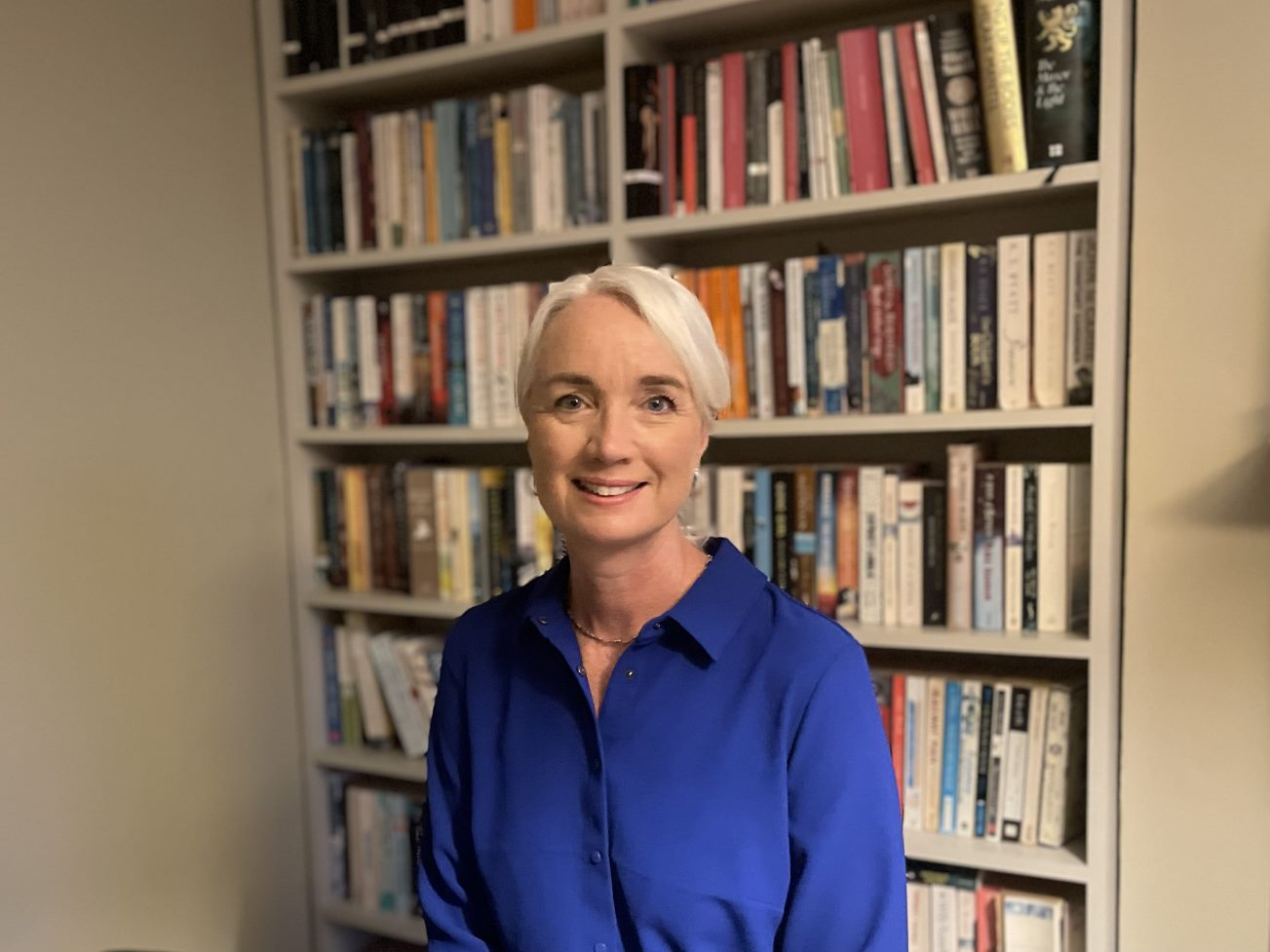
University of East Anglia, England

Dr Nicola Hancock
University of East Anglia, England
Dr Nicola Hancock is a Lecturer/Researcher in Neurorehabilitation and Associate Pro-Vice-Chancellor for Innovation at the University of East Anglia (UEA), UK. She has experience of leadership, research and innovation across the stroke pathway, both as a past team leader in stroke in the UK NHS and as an academic physiotherapist.
Nicola’s research interests include investigating interventions to enhance movement recovery after stroke; quality improvement via person-centred approaches to neurological rehabilitation; and user-centred design and evaluation for technology-enhanced rehabilitation. Nicola is lead for the AbiliTec research group at UEA, a collaboration seeking to support co-design and evaluation of innovative technologies for rehabilitation.
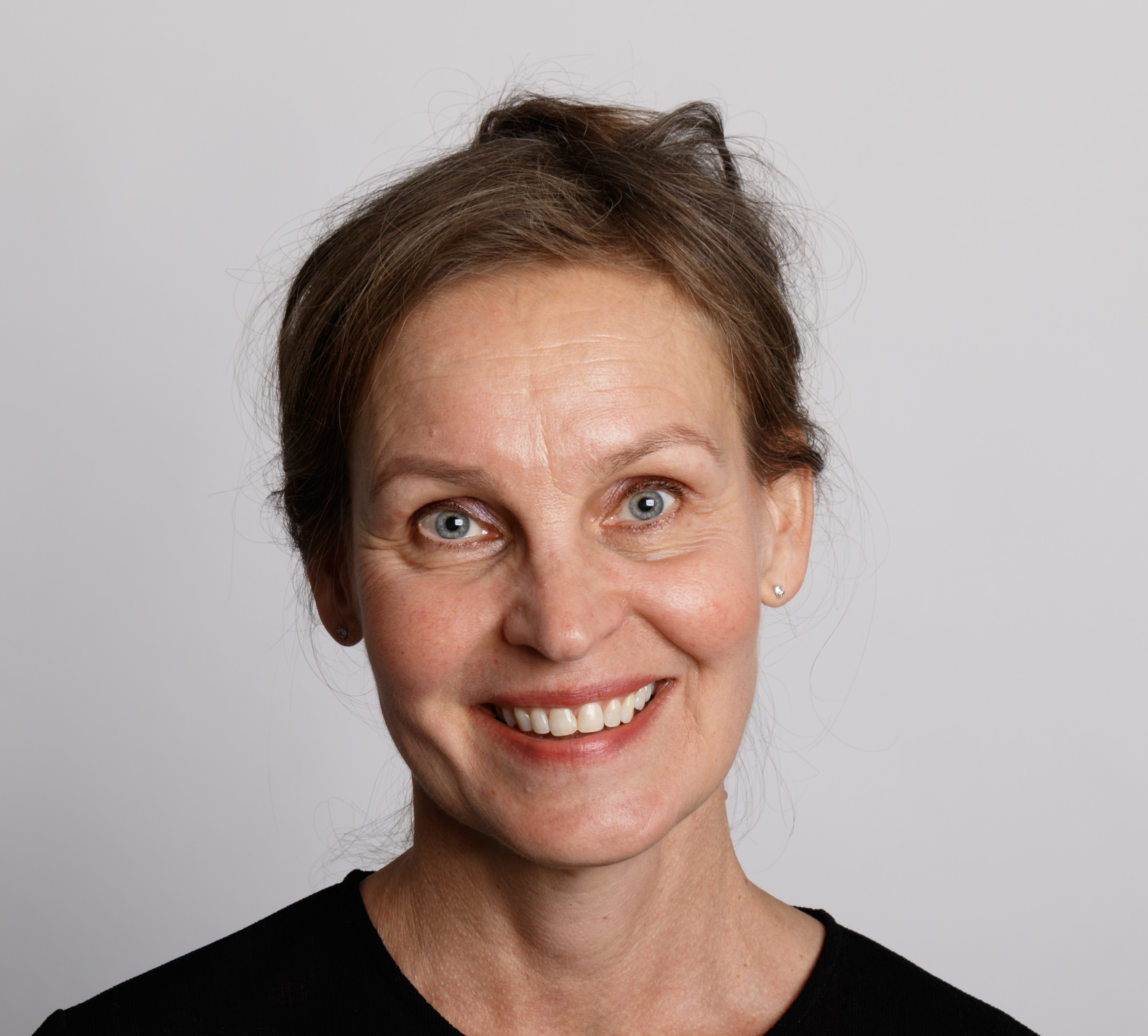
Delarna University, Sweden

Professor Marie Elf
Delarna University, Sweden
Marie Elf is a professor of nursing at Dalarna University, Sweden. She trained as a nurse and has a PhD in Architecture. Marie has worked in several interdisciplinary academic settings, such as nursing, architecture and health service research, focusing on architecture and its impact on patient health and wellbeing.
Marie is leading several projects focusing on care and rehabilitation at home for people with long-term conditions and frail health. The research includes person-centered care, participation and support for self-management – always with questions about how the environment looks and is experienced. Does it promote or hinder?
Debate with the audience: What should be in place to enable people to live well
Highest scoring abstracts
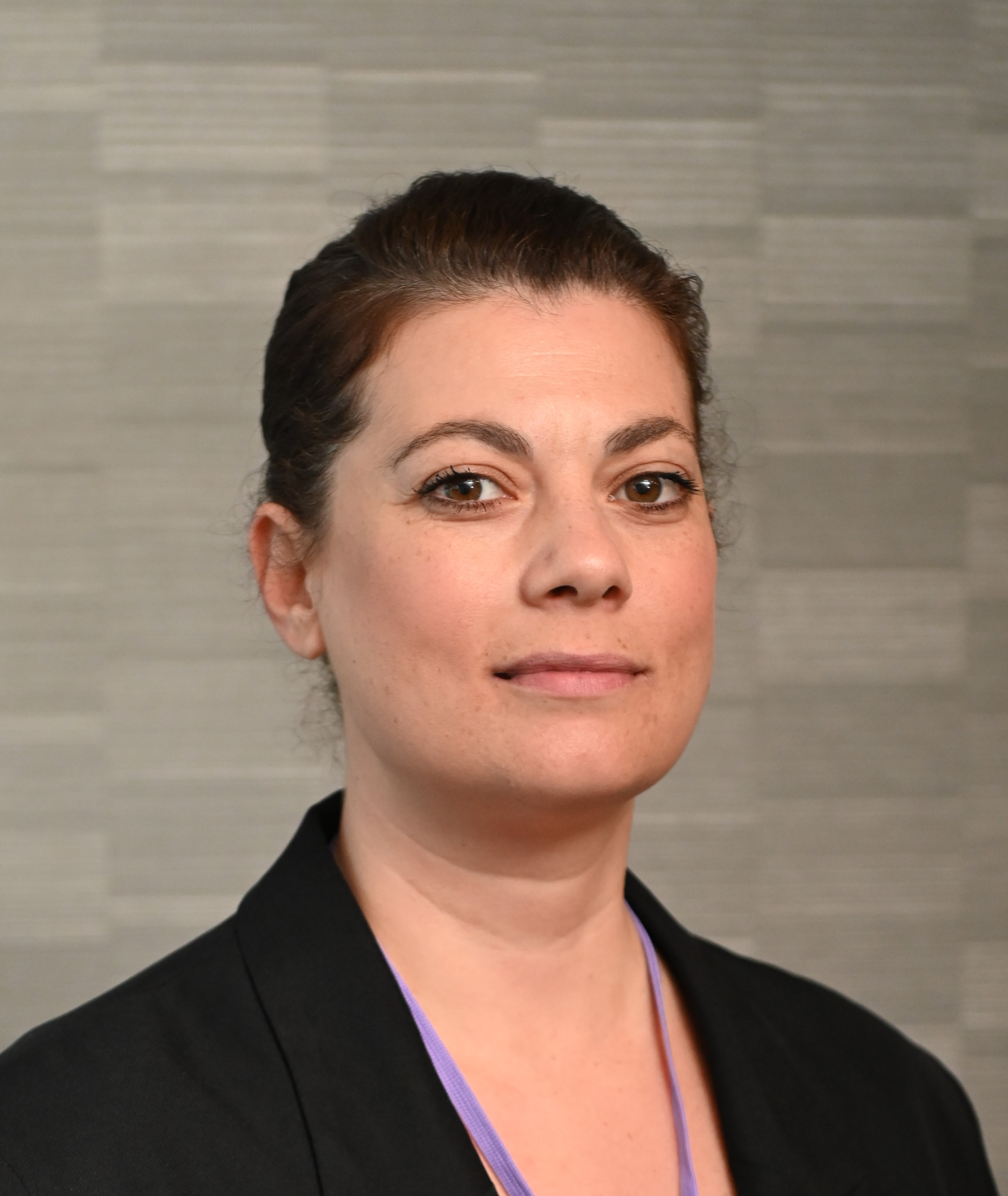
Cyprus Stroke Association

Marina Charalambous
Cyprus Stroke Association
Marina Charalambous qualified as a Speech and Language Therapist from the City University of London. In 2009, she established the Cyprus Stroke Association, a Stroke Support Organisation. She is the Secretary of the Stroke Alliance for Europe and a Future Stroke Leader of the World Stroke Organization.
Marina works as a clinical lecturer at the Department of Rehabilitation Sciences, Cyprus University of Technology. She is a PhD researcher at the Faculty of Medicine, Department of Neurology at the University of Fribourg, under the supervision of Professor Jean-Marie Annoni MD, investigating Patient and Public Involvement in Stroke and Aphasia Research.

German Stroke Foundation

Markus Wagner
German Stroke Foundation
Dr Markus Wagner is the group leader, healthcare research for the German Stroke Foundation, where he has worked since 1999. As biologist, he has a doctorate in human physiology and a master’s degree in public health.
He is responsible for the cooperation with scientific stakeholders with the focus on patient-related healthcare research. He is member of national stroke guideline com-mittees and participated in scientific stroke projects funded by the EU-Commission. From 2008 to 2013, he was President of the Stroke Alliance for Europe and SAFE´s Vice President from 2016 to 2019.
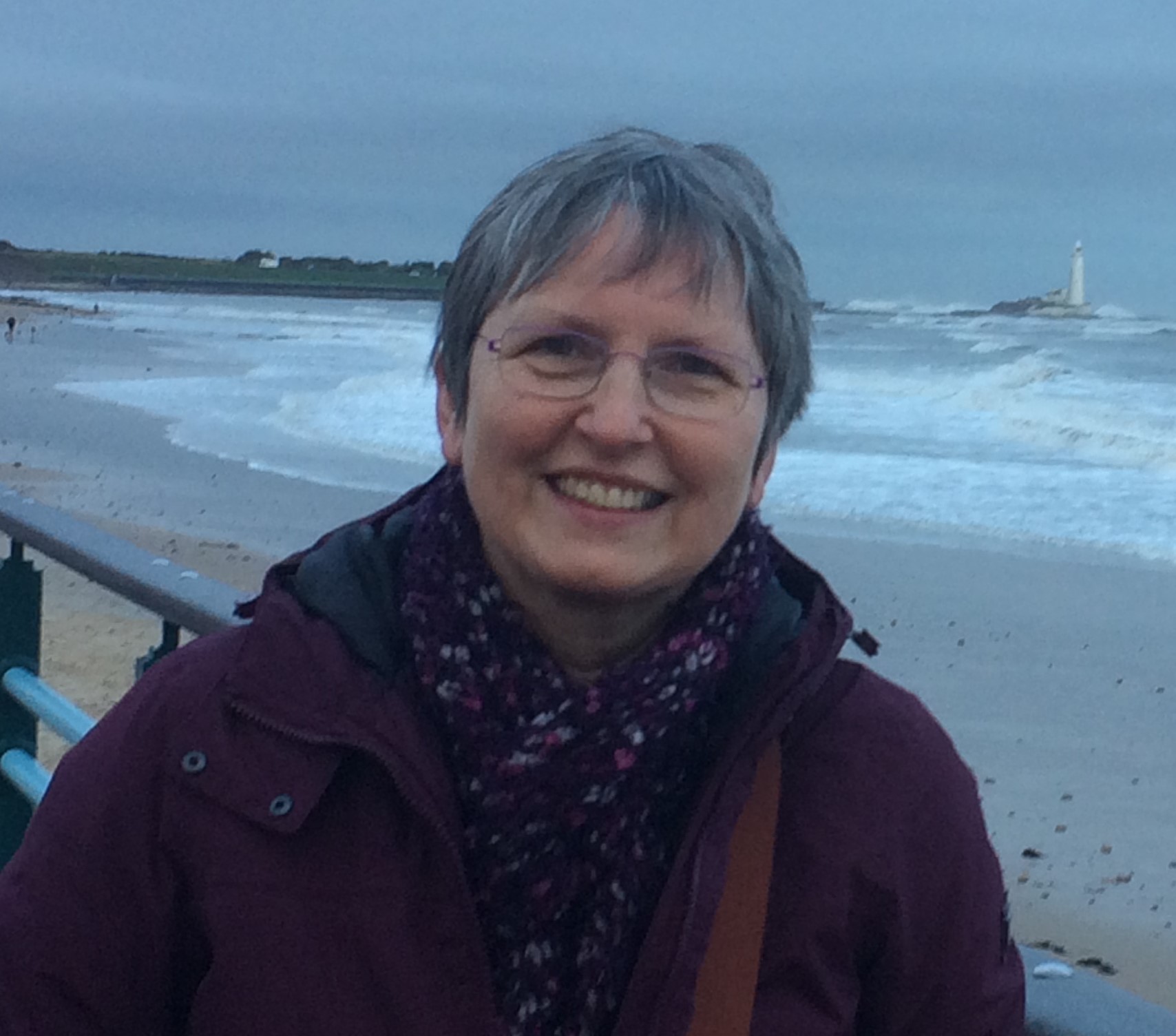
Nottingham University, England

Diane Trusson
Nottingham University, England
Dr Diane Trusson is a Research Fellow on the RETurn to work After stroKE (RETAKE) trial (from October 2021 to present day), contributing to the process evaluation. Diane is a medical sociologist, experienced in conducting qualitative research. Her PhD explored women’s experiences during and after early breast cancer treatment, including returning to work.
Diane is keen to enable marginalised voices to be heard. She is currently seeking funding to explore experiences focussing on the (vocational) rehabilitation needs of female stroke survivors and people from black, Asian and minority ethnic backgrounds who are currently underrepresented in stroke and vocational research.
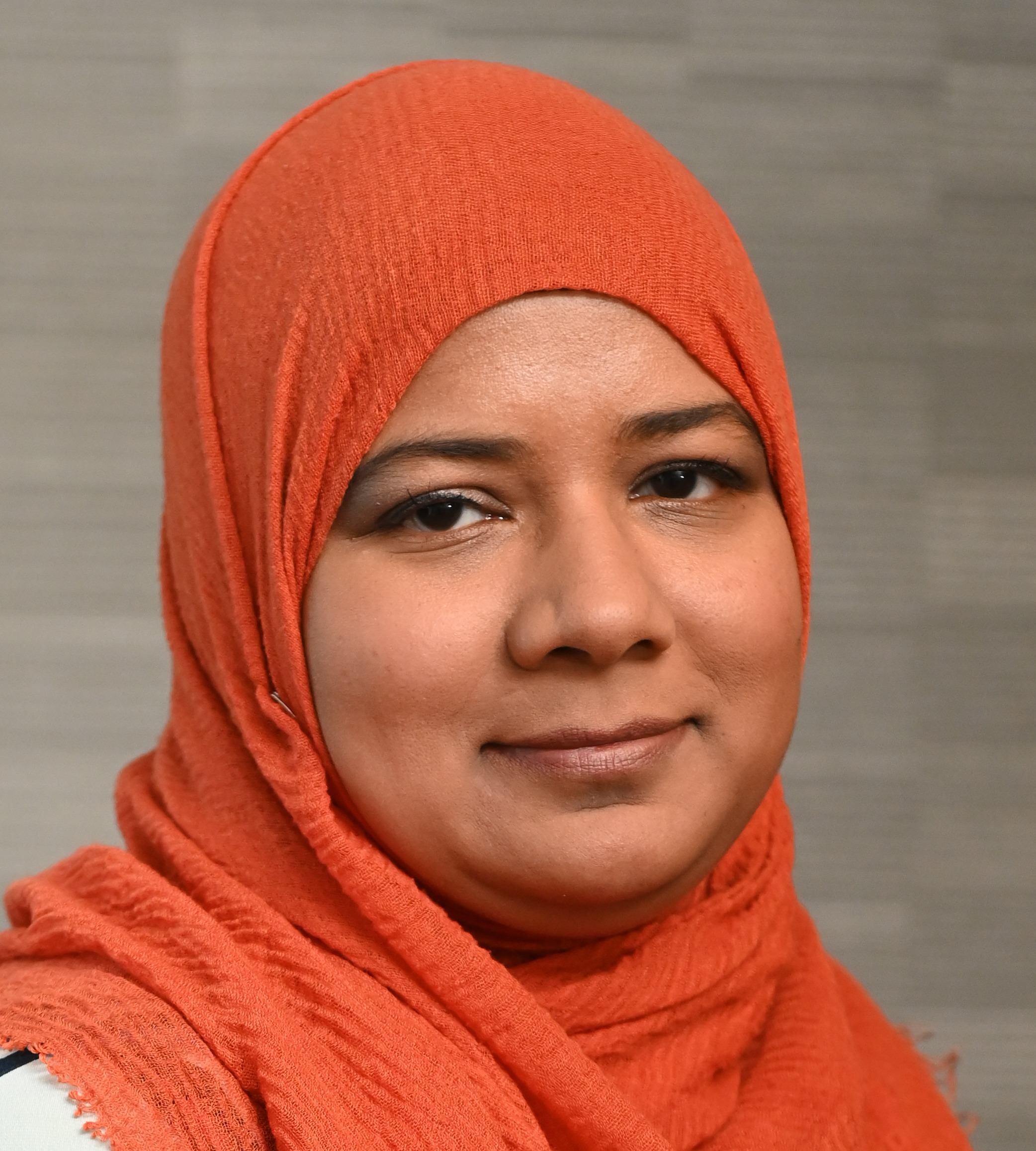
Stroke Association, UK

Rubina Ahmed
Stroke Association, UK
Rubina Ahmed is Associate Director for Systems Engagement at the Stroke Association, a stroke support organisation, where she is responsible for research funding, policy, public affairs and campaigns, as well as work on health inequalities, prevention and international. She is currently Interim Executive Director for Locality Impact where she oversees its work in service delivery for stroke survivors and community-based volunteering and engagement. Rubina is also a member of the SAFE Board.
Rubina holds a PhD in Immunology and an MSc in Management. She has worked in both public and not for profit sectors, working across a number of areas from fundamental and translational research through to clinical trials regulation and delivery.
Intimacy, relationships and sexual wellbeing after stroke
Dealing with intimacy, relationships and sexual wellbeing after stroke (verbal presentation)
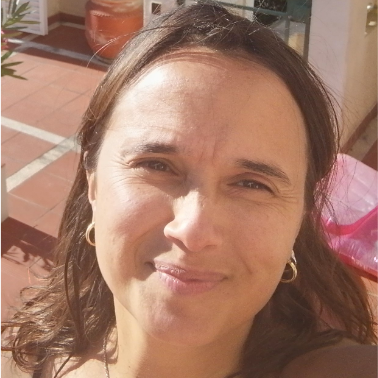
Stroke survivor, Portugal AVC Stroke Organisation, Portugal

Diana Wong Ramos
Stroke survivor, Portugal AVC Stroke Organisation, Portugal
Diana Wong Ramos was 34 years old and working as a journalist-editor for a magazine when she had a Cerebral Venous Thrombosis stroke. Her life changed and she had to adapt to her new circumstances. Thanks to exhaustive work with a multidisciplinary rehabilitation team Diana began to regain some mobility and independence.
She has a special interest in patient advocacy and patient engagement and was involved in the creation of the first Portuguese association of stroke survivors www.portugalavc.pt and participated in the redesign of the Stroke Action Plan for Europe 2018-2030.
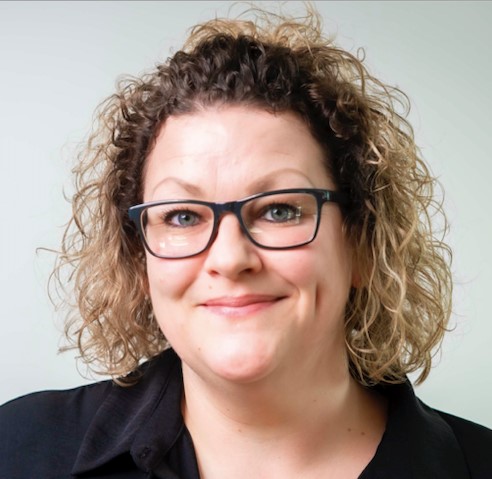
Coventry University, England

Dr Hayley Wright
Coventry University, England
Dr Hayley Wright is Assistant Professor in the Centre for Intelligent Healthcare at Coventry University, UK.
Hayley is leading a two-year project called HOPE4ABI, funded by the National Institute of Health and Care Research (NIHR). HOPE4ABI is a co-designed digital self-management programme to support mental and sexual wellbeing after any type of brain injury. The HOPE4ABI programme will be tested in a feasibility randomised controlled trial (RCT) later this year.
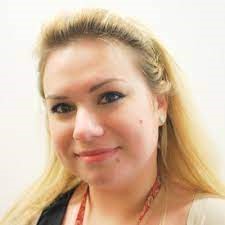
Coventry University, England

Aimee Walker-Clarke
Coventry University, England
Aimee Walker-Clarke is a Research Fellow at the Centre for Intelligent Healthcare at Coventry University, UK. She is in the final stages of completing her PhD at the University of Warwick, UK.
Aimee has led the HOPE4ABI (digital peer-supported and peer-led self-management of mental and sexual wellbeing for people with acquired brain injury) co-designed workshops, supporting the patient and public involvement group to develop a bespoke, accessible, appropriate programme. Aimee will present findings from the co-design and intervention development aspects of the HOPE4ABI project.
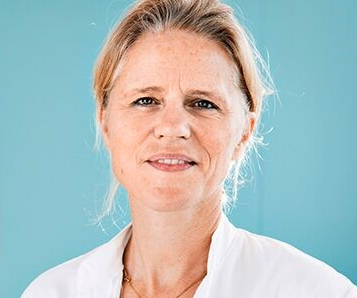
Danish Stroke Association

Birgitte Hysse Forchhammer
Danish Stroke Association
Birgitte Hysse Forchhammer has worked in clinical neuropsychology and brain research for over 30 years. From 2019 she has been the CEO of the Danish Stroke Association.
Her main topics of interest are the treatment and rehabilitation of people with neurological disorders including: epilepsy, dementia, brain tumours, brain trauma, stroke and patient’s participation in research.
In 2010 she was head of the Danish MTV (Medical Technology Assessment) on neuro-rehabilitation and she participated in the preparation of national guidelines for stroke care and rehabilitation.
She has published a number of academic articles and stroke and rehabilitation articles for the wider public.
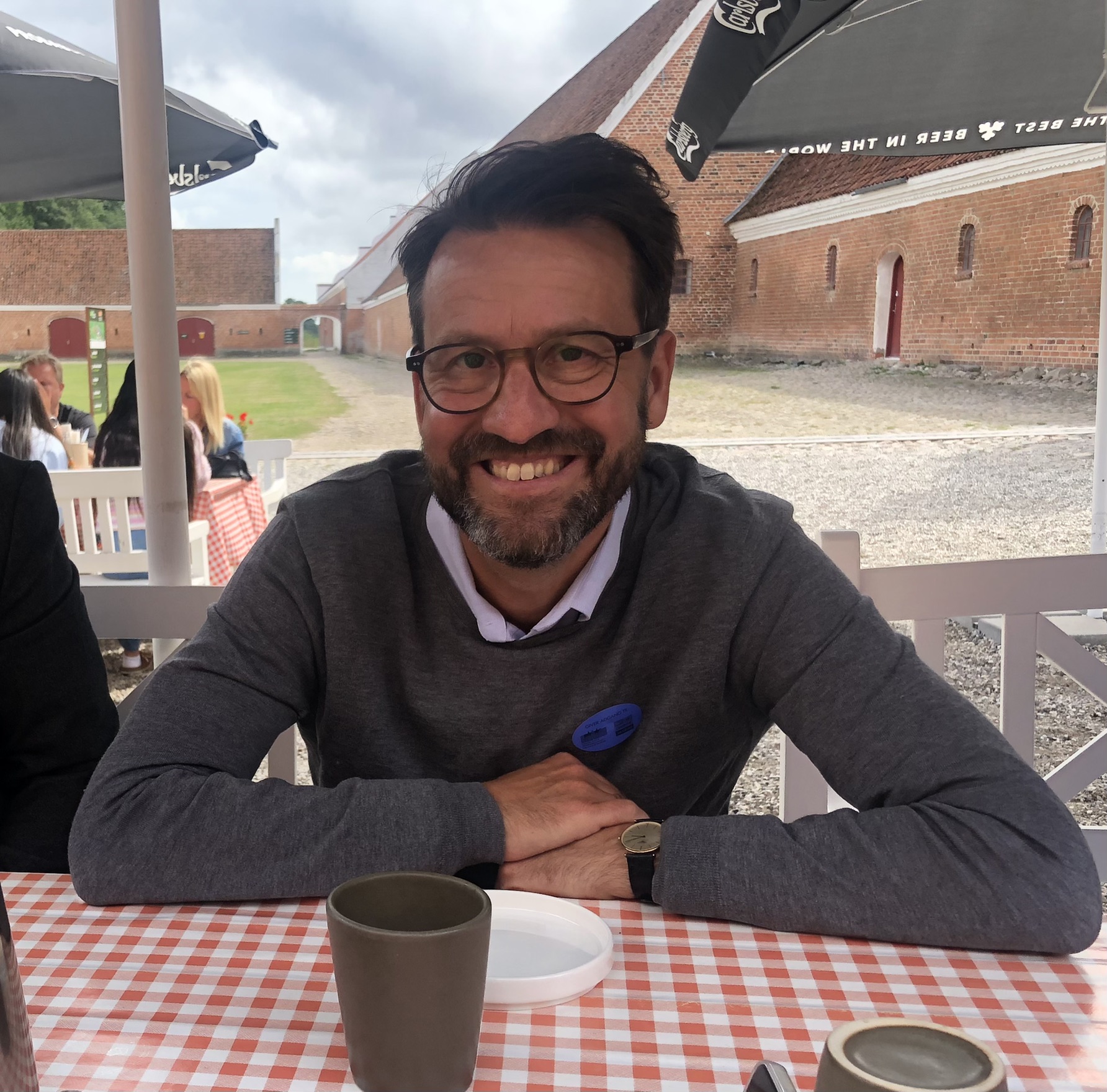
Stroke survivor, Danish Stroke Organisation

Yago Bundgaard
Stroke survivor, Danish Stroke Organisation
Yago Bundgaard has a master’s degree in philosophy and social studies, and a master’s degree in public management.
Yago is married to Marianne, who is a midwife, and they have three children. He worked as a principal at a high school when, in 2019, he had a stroke and became aphasic.
Today, Yago works voluntarily in the Danish Aphasia Group to create national awareness of aphasia and to support better conditions for people affected by aphasia. The Danish Aphasia Group works closely with the Danish Stroke Association.
Physical activity after stroke
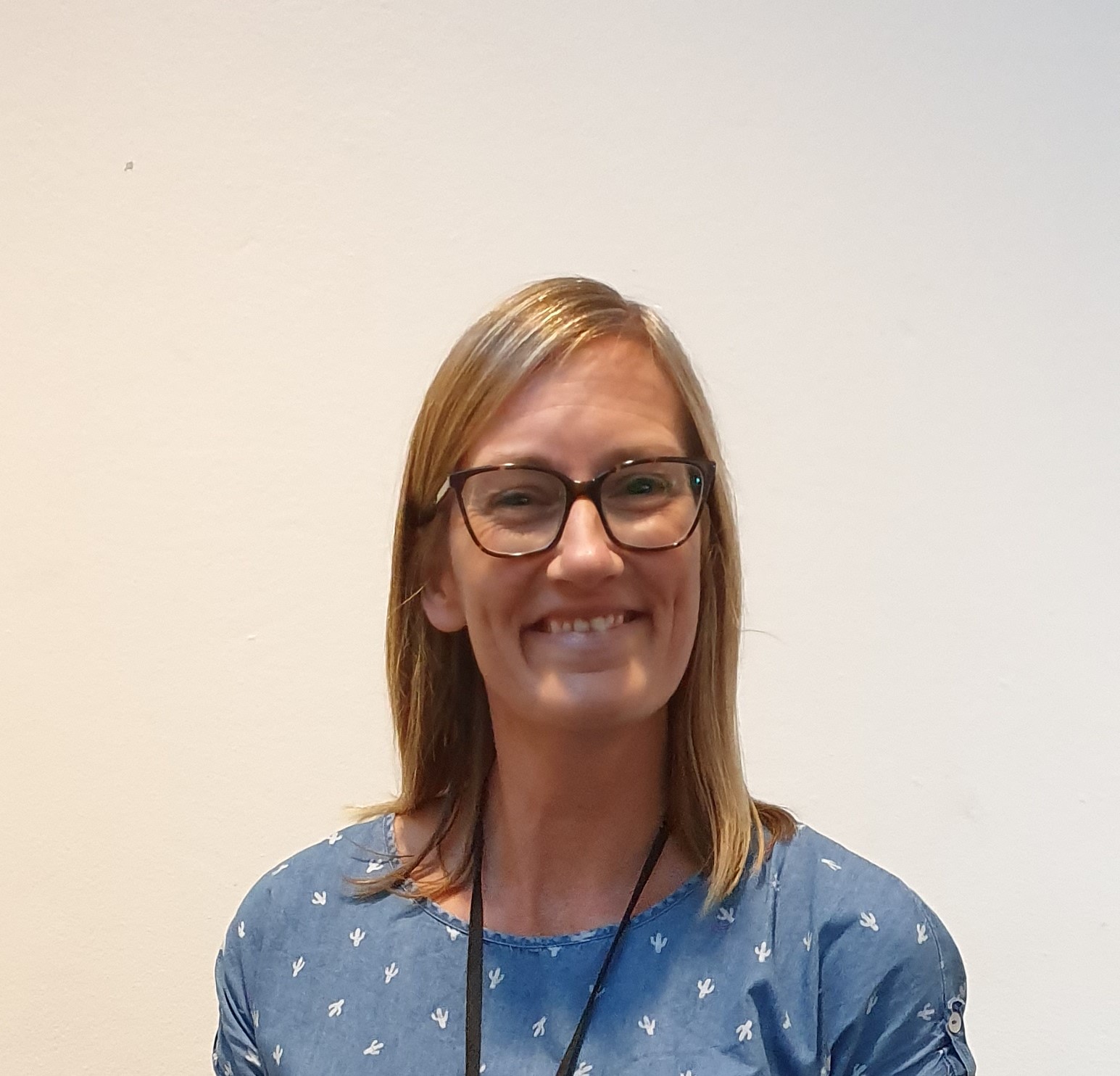
University of Northumbria, England

Dr Sarah Moore
University of Northumbria, England
Dr Sarah Moore is a physiotherapist with a specialist research interest in physical activity. For her PhD she studied the impact of exercise on metabolism, activity and quality of life after stroke. Following this work, she set up exercise classes for stroke survivors in the North East of England with the Newcastle Community Stroke team and Newcastle City Council. She then went on to design and test an intervention targeting daily physical activity routines after stroke (PARAS).
In Sarah’s current role as Assistant Professor at Northumbria University, she teaches undergraduate and masters physiotherapy students alongside continuing her research in physical activity and rehabilitation after stroke.
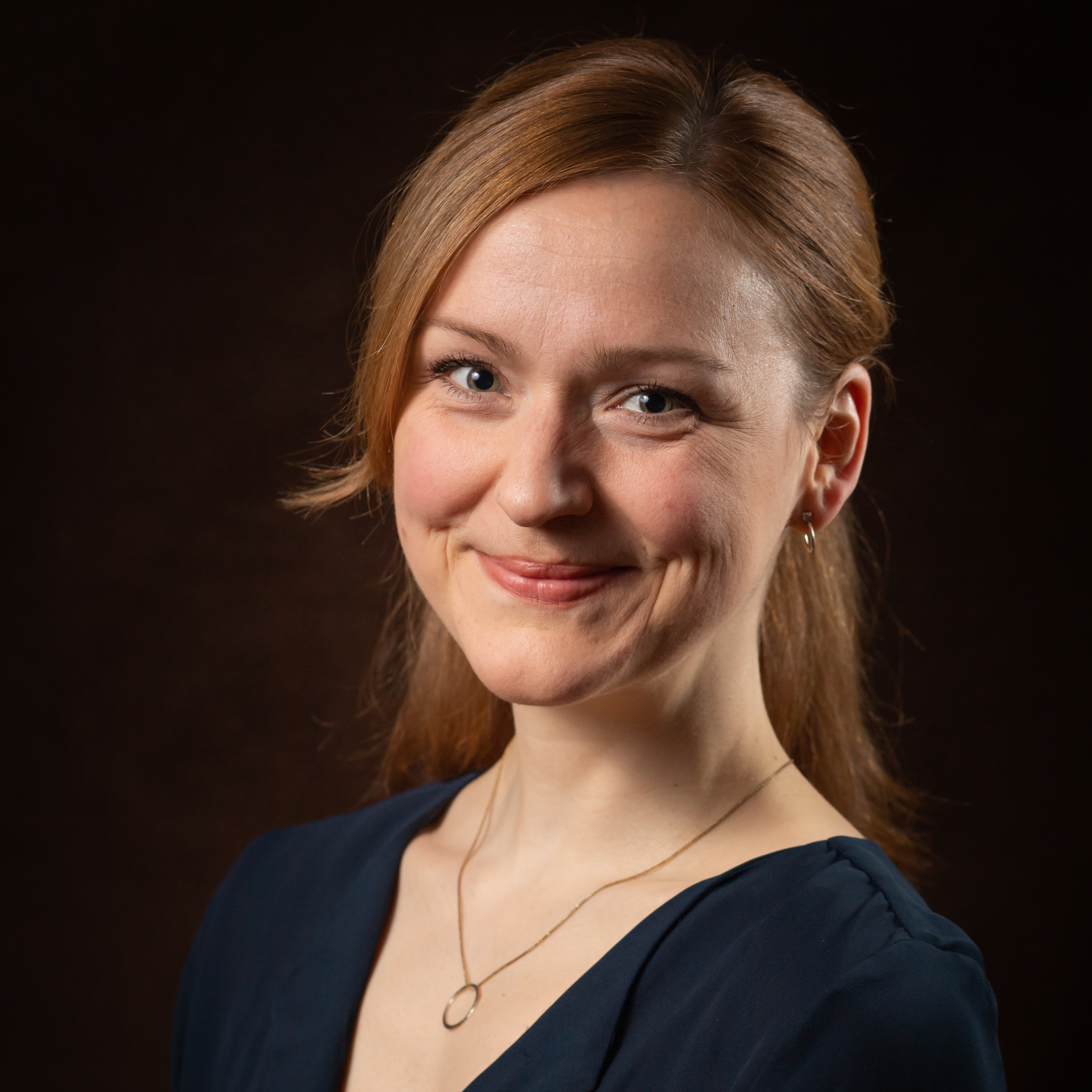
Norwegian University of Science and Technology, Norway

Mari Gunnes
Norwegian University of Science and Technology, Norway
Mari Gunnes is a physiotherapist and research scientist at the Department of Health Research at SINTEF in Norway.
She gained clinical experience in primary and secondary healthcare services and a PhD in Clinical Medicine from the Norwegian University of Science and Technology (NTNU).
Mari has been involved in several clinical trials with her research mainly focusing on rehabilitation after stroke, focussing on secondary prevention in terms of adherence to physical activity and exercise following stroke in preventing functional decline. Her research and educational interests include healthcare systems and technologies to improve health and quality of life in the population.